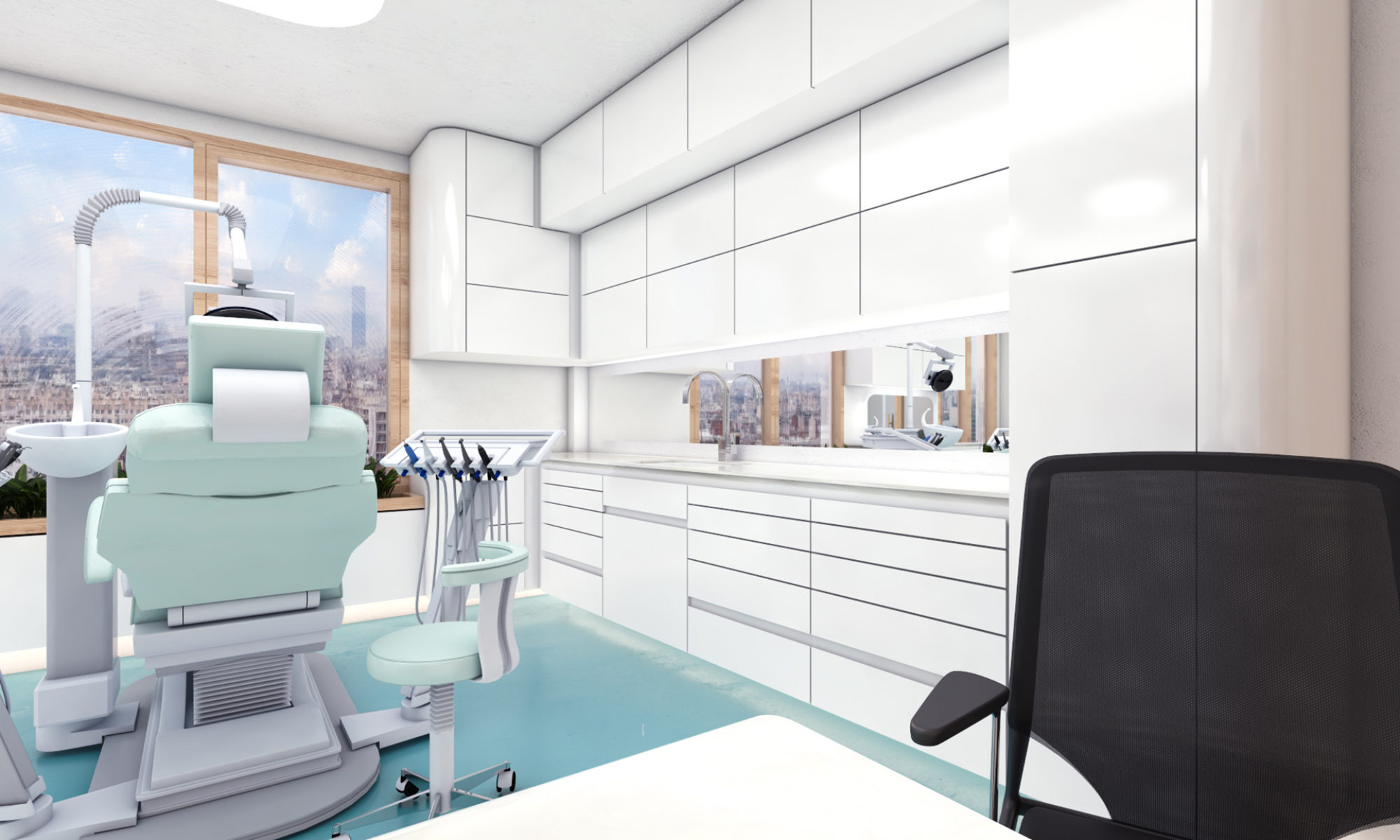
In autumn and winter, patients often complain of unpleasant painful sensations when inhaling cold air. Many of them already know that such a reaction is a symptom of increased sensitivity of tooth enamel. However, this unpleasant symptom may also indicate existing serious diseases and the need to urgently undergo a diagnosis.
In particular, the reaction of teeth to cold air can be a symptom of pulpitis (inflammatory process of the neurovascular bundle of the tooth), periodontitis (inflammation of the root membrane of the teeth and periradicular tissues), as well as gingival recession (we are talking about lowering the level of the gums and exposing the root of the tooth).
The suddenly exacerbated sensitivity of teeth to cold air in any case is a reaction of unprotected areas of enamel. If we are talking about pulpitis, then the area of reaction just coincides with the focus of a deep carious lesion.
In addition, sensitivity to cold may be the result of improper tooth treatment, including signaling a leaky filling, ongoing tissue inflammation and the development of an infectious process. This reaction is also typical for the postoperative period.
Observant patients will notice that cold sensitivity is a temporary sensation that occurs when eating citrus fruits or after brushing the teeth with the wrong toothpaste.
